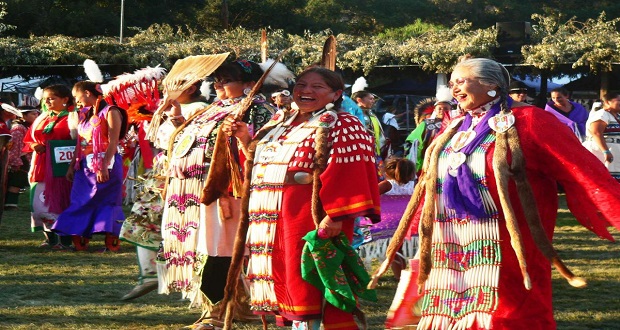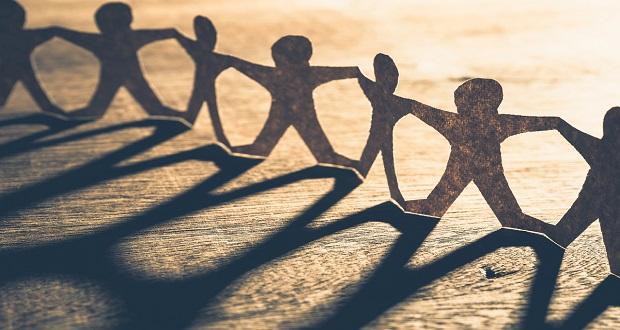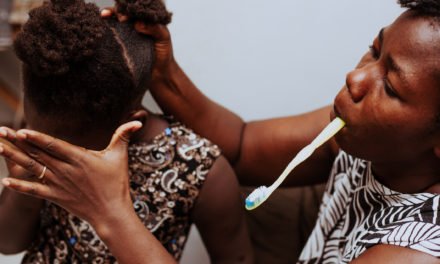
Image courtesy of eastcountymagazine.org
November is National Native American Heritage Month in the United States. There are over 560 federally recognized American Indian tribes in the U.S. These tribes have the right to form their own government and enforce civil and criminal laws, among other things. Tribal powers of self-government include the same limitations applicable to states – for example, neither tribes nor states have the power to make war, engage in foreign relations, or print money.
Not all Native American tribes are federally recognized. My heritage is part federally recognized (Oneida) and part not (Brothertown). I often joke that even though the federal government doesn’t recognize a portion of me, I still have to pay 100% of my federal taxes. I am on the rolls of the Oneida Tribe of Indians of Wisconsin, and I carry a tribal identification card. This is one of the unique things about being Native American. If you say you’re Black, or White, or Asian, you aren’t asked to prove it. We are.
American Indians and Alaska Natives make up less than 2% of the population in the United States. Their history has often been written through the eyes of non-Native Americans, so much of what is written (and what we learned as school children) contains bias and does not fully recognize their contributions. For instance, the Iroquois Nation’s (of which Oneida is a part) political confederacy and democratic government have been credited as influences on the Articles of Confederation and the United States Constitution – not ancient Greece! Several founding fathers, Thomas Jefferson and Benjamin Franklin among them, had contact with Native American leaders and had learned about their styles of government. In October 1988, the U.S. Congress passed Concurrent Resolution 331 to recognize the influence of the Iroquois Constitution upon the U.S. Constitution and Bill of Rights.
Some of the things that bother me (and require entire blogs in and of themselves, so I’ll just list them here):
- Chief Yahoo, the Washington football team, and any other Native American mascot: No, they are not an honor. I wouldn’t expect to see someone dressed up as a priest serving communion for halftime entertainment, and I don’t want to see a fake American Indian dancing around for entertainment, either. (Also, along the same lines, we are not Halloween costumes.)
- Appropriation of my culture in any way: My mother and I once walked out of a church ceremony because they thought they were honoring Native culture by sharing a pipe. (Oh, yeah, and they’re not “peace pipes,” and they are filled with tobacco. Please don’t make jokes about what goes into a sacred pipe. That’s just plain disrespectful.)
- Being asked to a pow-wow, when someone really means they want a meeting: There are many types of pow wows that I’ve been to, and none of them are business meetings.
- And, my personal favorite: I was once told by a white man that he considers himself Native American because he was born in the United States, even though his family are immigrants.
Native American culture and society have flourished for thousands of years. While it seems their contributions to modern life often go unrecognized by the people who benefit from them, they have had a significant impact not only on the United States, but on the world. I encourage you to use this month to learn more about the rich history and traditions of our indigenous peoples.
Attend a pow wow near you: http://calendar.powwows.com/. I promise, it won’t be like any business meeting you ever attended!


















